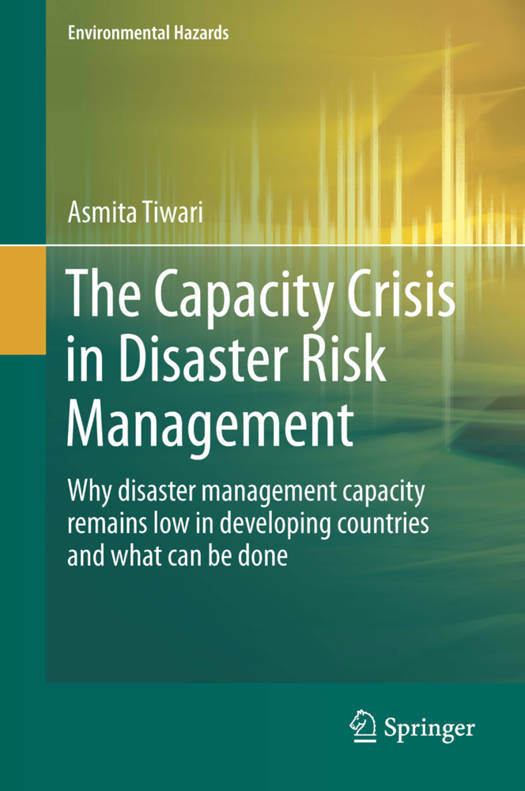
- Retrait gratuit dans votre magasin Club
- 7.000.000 titres dans notre catalogue
- Payer en toute sécurité
- Toujours un magasin près de chez vous
- Retrait gratuit dans votre magasin Club
- 7.000.0000 titres dans notre catalogue
- Payer en toute sécurité
- Toujours un magasin près de chez vous
The Capacity Crisis in Disaster Risk Management
Why Disaster Management Capacity Remains Low in Developing Countries and What Can Be Done
Asmita TiwariDescription
How can a place be built and managed so that it is safe for people to live? Ironically, many governments and citizens keep on asking the same question after every new disaster. Why, even with high levels of investment in increasing government's capacity to manage disasters, do the impacts of disasters continue to increase? What can the governments do differently? What is the role of local communities? Where should aid agencies invest? This book looks into these critical questions and highlights how current capacity development efforts might be resulting in the opposite--capacity crisis or capability trap. The book provides a new approach for the understanding and the developing of effective local capacity to reduce and manage future disaster impacts.
Spécifications
Parties prenantes
- Auteur(s) :
- Editeur:
Contenu
- Nombre de pages :
- 218
- Langue:
- Anglais
- Collection :
Caractéristiques
- EAN:
- 9783319094045
- Date de parution :
- 25-03-15
- Format:
- Livre relié
- Format numérique:
- Genaaid
- Dimensions :
- 156 mm x 234 mm
- Poids :
- 512 g

Les avis
Nous publions uniquement les avis qui respectent les conditions requises. Consultez nos conditions pour les avis.






